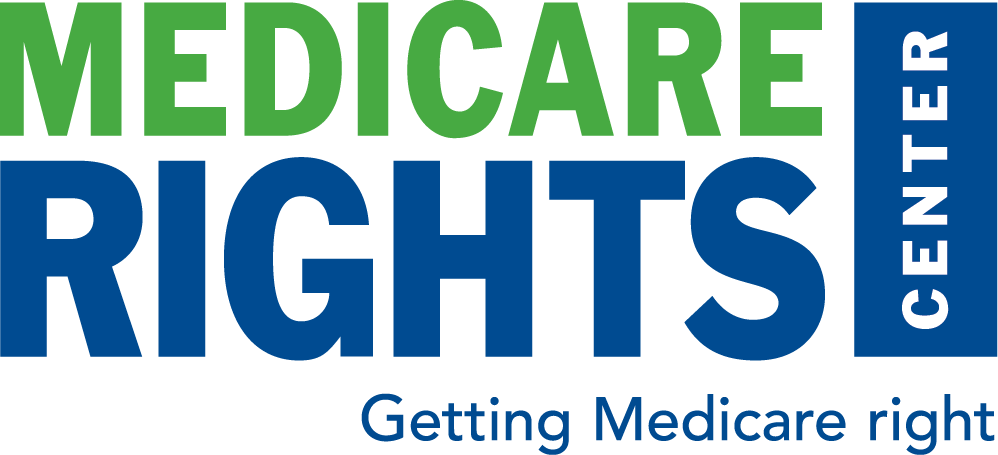
Medicare Rights Outlines Recommendations for Future Action Around Coronavirus
Older adults and people with disabilities are at high risk of infection and serious illness from coronavirus. While we appreciate the efforts of policymakers to date to respond to the outbreak, more must be done to anticipate and meet the unique needs of people with Medicare. This week, Medicare Rights sent letters to Congress and the Centers for Medicare & Medicaid Services (CMS), outlining our priorities and recommendations for future action.








